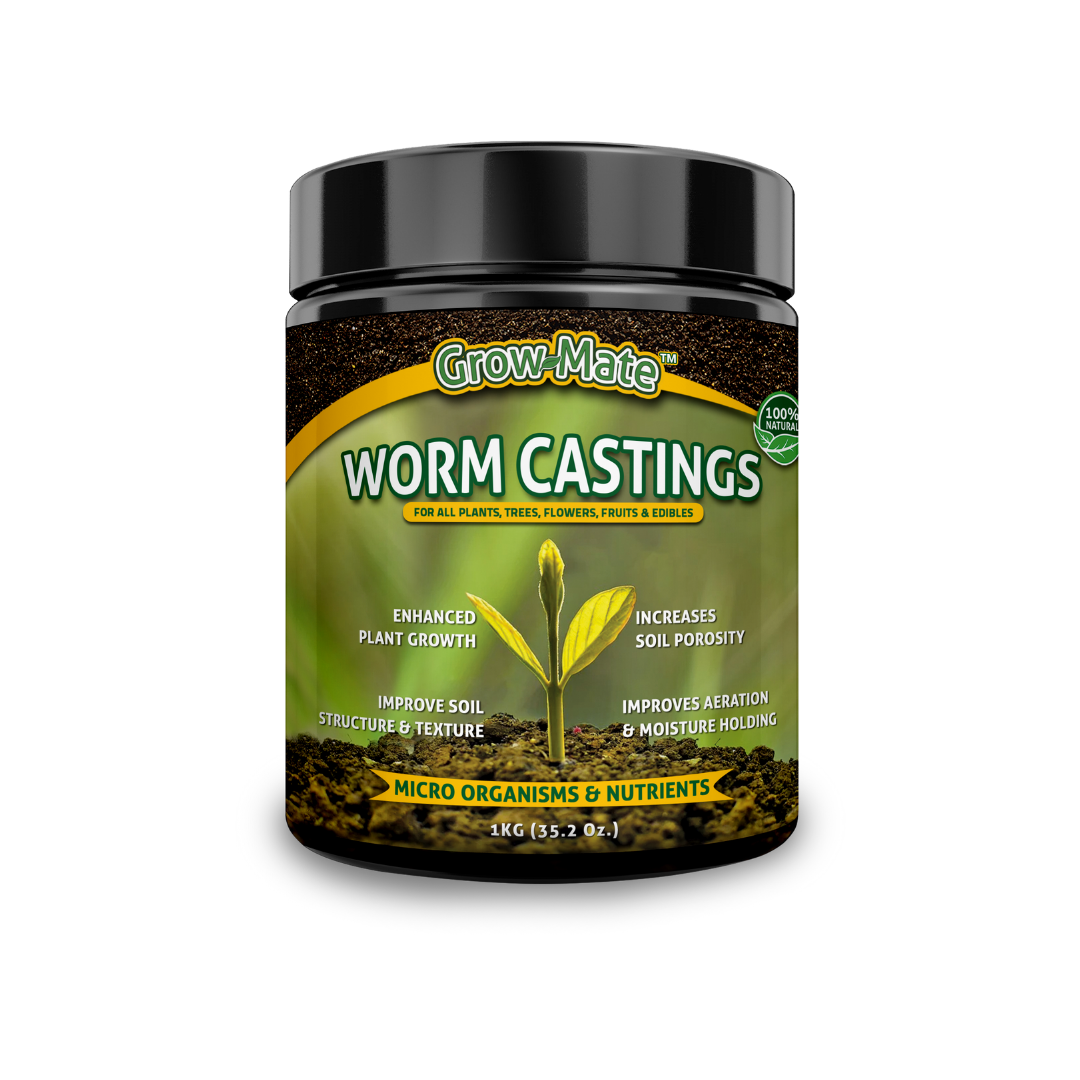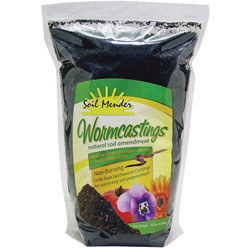



In that light, worm castings start to look very attractive. This means that if you're only comparing dollars-per-ton with other types of fertilizers, you're not getting a true apples-to-apples comparison. Instead, it makes sense to calculate based on dollars-per-acre or the area measurement you're using. Worm castings are the most cost-effective and potent solution on the market for fertilizing crops on a large scale.Ī little goes a long way! Worm castings may be higher than other solutions on a cost-per-ton basis, but you don't have to use as much as you would with other fertilizers. On top of that, you still get all of the other plant boosting benefits of the organic worm's manure.įor farmers who are just learning about castings, worm manure might not seem like it would work on a large scale, but nothing could be further from the truth. When planting inside a greenhouse, earthworm castings can provide you with a type of “disease insurance” against whatever might make its way inside. According to research done by Cornell University, worm castings release “a substance that interferes with the chemical signaling between the host and the pathogen.” Many greenhouse owners are turning to worm castings due to their ability to stave off pathogens and disease. For this situation, worm castings provide the ideal solution. If you're trying to grow plants in an organic fashion, chemicals aren't really an option though. One of the most common problems when growing plants in a greenhouse is disease. Certain pathogens thrive on indoor plants and growers often turn to chemicals to eliminate them. While they give you a lot of flexibility in the growing process, they present their own set of challenges. Greenhouses make it possible for gardeners and farmers to grow plants in many different climates and seasons.


 0 kommentar(er)
0 kommentar(er)
